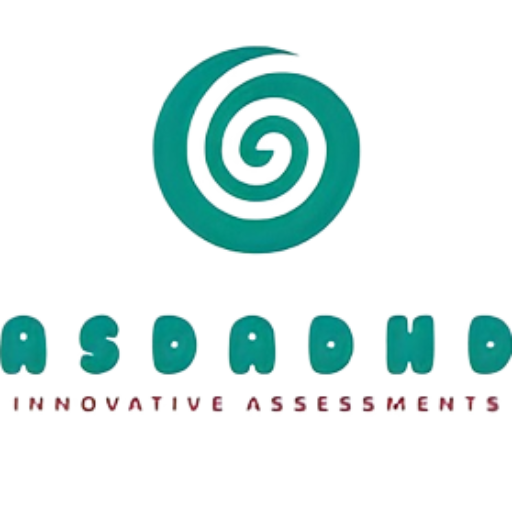12 Jul, 2023 | anishdr | No Comments
The Unseen Challenges of ADHD in Students: An Educator’s Perspective
Attention Deficit Hyperactivity Disorder (ADHD) is a condition that significantly impacts a student’s learning experience. Often misunderstood, it is vital for educators and parents to recognize the distinct challenges that students with ADHD face and develop strategies to support them. Here are nine insights that shed light on the complexities of ADHD and its implications in the educational setting.
Learning Styles Vary: ADHD manifests differently in every student. It is erroneous to expect all children, especially those with ADHD, to sit still and learn. Some students thrive in an environment that allows movement and space. Understanding and catering to individual learning styles is pivotal to effective teaching.
Success is Personalized: Measuring every student’s success with the same yardstick can be detrimental, especially for those with ADHD. A personalized plan that accommodates a child’s unique needs and interests can boost their learning and foster their individual talents.
ADHD Can Be a Strength: ADHD can bestow certain advantages. For instance, an educator with ADHD may have heightened awareness of student needs, enabling them to cater to those needs more effectively. It’s important to view ADHD not as a ‘disability’ but as a different way of perceiving and interacting with the world.
ADHD is Complex: ADHD is a multifaceted diagnosis that requires in-depth understanding. As educators delve deeper into the complexities of ADHD, they realize the myriad ways it can present itself, leading to more effective teaching strategies.
Collective Effort is Key: Managing ADHD effectively necessitates a concerted effort from the student, teachers, and parents. Patience, flexibility, and humor are essential tools in this journey.
Avoid Hasty Labeling: Labeling a student as having ADHD merely because they are ‘fidgety’ can lead to misunderstanding and trivialization of the condition. It’s crucial to avoid quick judgments and ensure accurate diagnosis.
Inattentive ADHD Needs Attention: Inattentive ADHD, characterized by daydreaming and difficulty focusing, often goes unnoticed as it is less disruptive. However, it is just as important to address and manage this type of ADHD to prevent the escalation of issues like anxiety and mood disorders.
Executive Function is Essential: Focusing on improving executive functions, like planning, organizing, and controlling impulses, can significantly aid students with ADHD. Developing these skills benefits all students, not just those with ADHD.
ADHD Requires Considerate Handling: ADHD is a real medical condition that necessitates thoughtful treatment, not reprimanding. Adequate treatment, involving medication, therapy, and parent education, can prevent students with ADHD from developing low confidence and behavioral issues due to constant criticism.
Understanding ADHD and the unique challenges it presents in an educational setting is crucial. By fostering a learning environment that caters to the individual needs of students with ADHD, educators can help them reach their full potential and boost their confidence.

Write Reviews
Leave a Comment
No Comments & Reviews